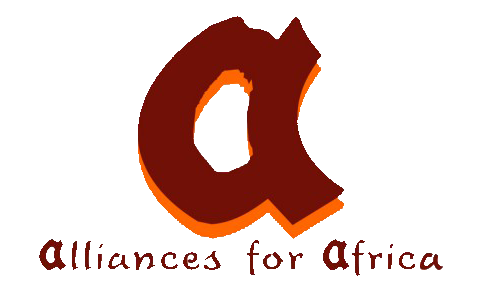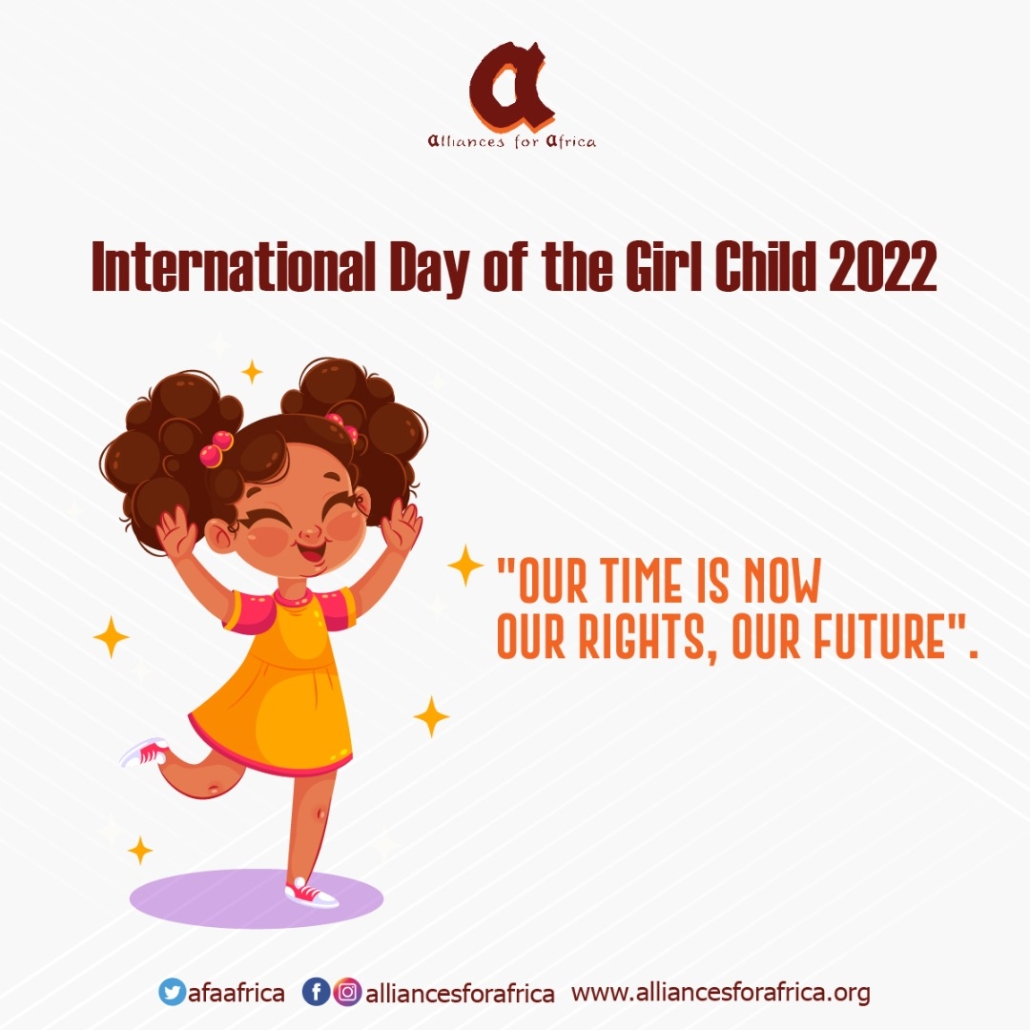It is essential to observe International Day of the Girl Child every year to draw attention to the problems and challenges faced by girls everywhere in the world.
This year’s theme, “Our time is now – Our rights, Our future,” is also appropriate, given that issues relating to girl children have recently gained traction, despite little or no progress and investment to these challenges in Nigeria.
In Nigeria, young girls are still frequently subjected to forced and underage marriages. According to a recent UNICEF and UNFPA research in September 2018, Nigeria had 22 million child brides, making it the country with the most in West and Central Africa. Additionally, it was estimated that by 2050 there would be seven million additional child brides.
While forced marriages are common in the South East, child marriage is still performed in the north. An alarmingly high rate of forced marriages was revealed in a recent study by Human Right Watch on January 17, 2022, performed in Imo and Kano. In the absence of robust regulatory safeguards for females, families compel young girls into early marriages for religious and traditional customs as well as to escape the social stigma associated with teen pregnancy.
Child marriage contravenes the Nigerian constitution as well as the African Charter on the Rights and Welfare of the Child and United Nations Convention on the Rights of the Child, which affirm 18years as the age of majority, and guarantee a child’s right to be free from coercion and violence, and to get health care and education.
Female genital mutilation, child labor, and period poverty are still issues faced by rural girls in Nigeria. Over 37 million Nigerian adolescent girls and women of reproductive age lack access to menstrual hygiene products because of exorbitant prices, according to the Minister of Women Affairs, Dame Pauline Tallen. This demonstrates that menstruation is expensive in Nigeria. It ought not to be so!
Each and every young girl in society has a right to the best possible level of health care and education. A girl’s menstrual cycle shouldn’t be a barrier to her.
The low conviction rate of offenders of gender-based violence (GBV) in the country has been attributed to a growing increase in cases of violence against girls, this has sadly, contributed to emboldening perpetrators to continue to commit these heinous crimes against young girls.
Girls’ access to school, opportunity, food and nutrition, physical and mental health, and the safeguards necessary for a life free of violence continue to present girls with unprecedented obstacles. Access to resources and support is more complicated for girls with disabilities.
Despite aforementioned difficulties, we are proud that, teenage girls in Nigeria have repeatedly demonstrated that if given the chance and the proper education, they can be the agents of change that strengthen communities for everyone—women, boys, and men alike.
However, in order to tackle the issue head-on;
- The government of Nigeria must first leverage, harmonize, and enforce all legal frameworks, as well as mobilize local efforts and the respect of leaders of sociocultural institutions throughout the country.
- The government should increase investment in girlchild issues by focusing resources on reducing inequalities between boys and girls
- Socio-cultural norms and laws that fuels abandonment of teenage pregnancy must be outlawed and parents should be educated and sensitized on the dangers of forced marriage.
- A National Children’s Commission should be established to protect the rights of girls in the areas of education, society, culture, politics, and economics, as well as to keep track of statistics on infant mortality and other socioeconomic issues.
- Teachers must play an important role in teaching sex education, drug education, and sexual and reproductive health rights in order to stem the tide of teen pregnancy.
- Women’s groups have an important role to play in focusing attention on various problems confronting girl children.
About AfA: AfA is a feminist African non-governmental human rights, peace, and sustainable development organization. AfA works with partners in and around the continent of Africa to advocate for the protection of human rights; promotion of women’s participation in leadership and governance; improve institutional capacity, advocate for gender justice, equality and non-discrimination

